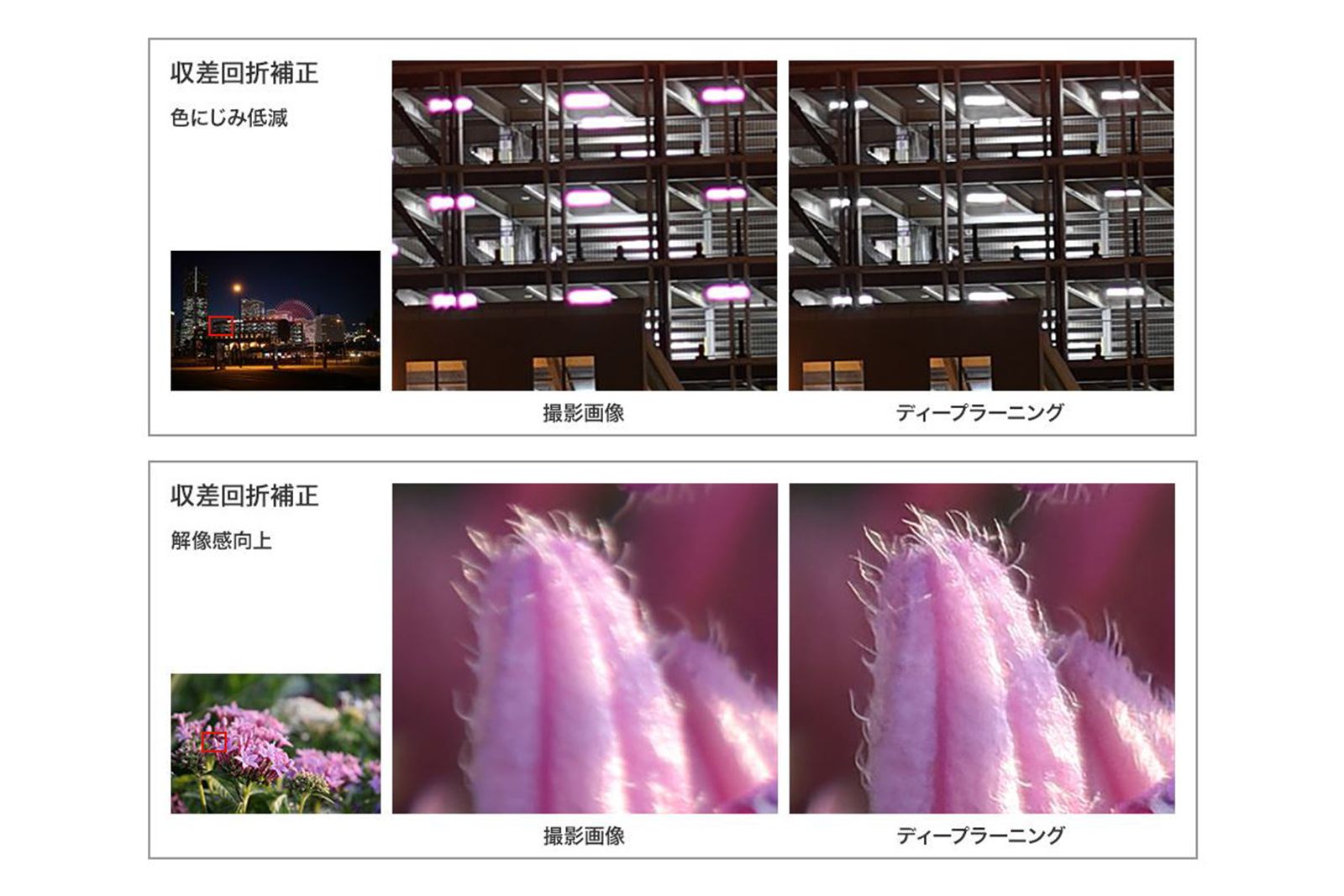Smartphones have fully embraced AI image enhancement, and it has gotten to the point where casual users are typically better off shooting with a smartphone in challenging lighting conditions.
Sure, a proper camera will have better fidelity and optics, but the fact that you'll have to deal with noise and blur in sub-optimal lighting means that HDR-processed phone snaps often give them a run for their money.
With this in mind, it's only a matter of time before AI image enhancement makes its way to prosumer mirrorless cameras - and it looks like Canon may be the one to blaze the trail.
We're not saying that you'll be getting Snapchat filters on your full-frame camera anytime soon, but sharper images? That could definitely be on the menu.
Canon Japan has released a blog post detailing its latest deep-learning image-processing technology, which aims to reduce noise, fix moiré and correct lens blur and fringing.
In the professional photo world, this kind of tech is nothing new, but it typically requires specialised software like Topaz Photo AI or Luminar Neo.
Having the option to enhance images in the camera streamlines the workflow massively, and for casual users, could mean that you can skip the editing process altogether.
The translated post reads "Canon's deep learning image processing technology greatly reduces aberrations, noise, and moiré, making it possible to perform image correction processing that was previously impossible, such as blur correction of subjects including blown-out highlights."
"Canon will continue to advance its image processing technology in pursuit of a shooting experience that makes users feel happy."
So, when will we see this tech arrive in a consumer product? There's no way to tell at this point, but we're betting that it won't take too long.
The benefits of computational photography have been well-established by devices like the Google Pixel 7 Pro, so the use of such tech in a professional camera is all but inevitable, in our view.


